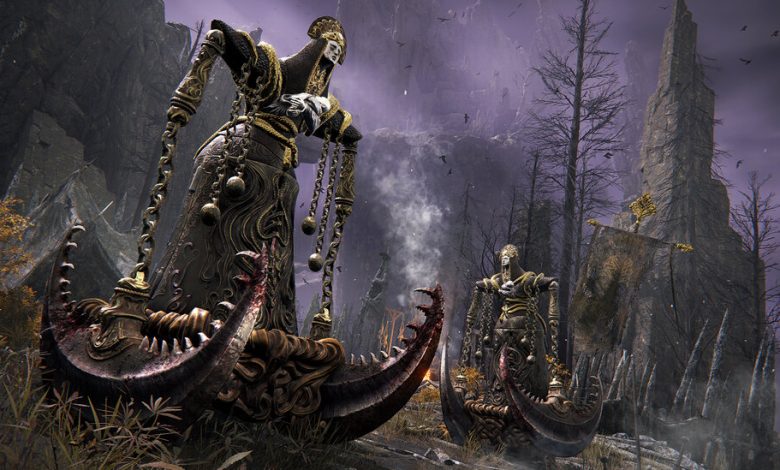Elden Ring Raised Masochists, and They’re Back for More

Kai Cenat had died more than 430 times and was prepared to die again when one of the toughest adversaries in video game history, Malenia, Goddess of Rot, finally succumbed to his sword after a marathon battle in Elden Ring.
“I don’t think you understand what this means,” Cenat told his livestream after the 24-hour fight last month, which included a portion of his 10.8 million Twitch followers. One of the most popular gamers on the internet was panting. He had lost his breath playing a two-year-old game that sprouted a cottage industry of influencers capitalizing on its notorious difficulty.
Elden Ring became a phenomenon after it was released in February 2022. It was a breakout hit for the president of FromSoftware, Hidetaka Miyazaki, who enlisted the “Game of Thrones” author George R. R. Martin to sketch the gothic fantasy’s deep mythology about warring families and troubled gods. The game also benefited from the social media users who shared delightfully embarrassing videos of their avatars being slashed, staggered and stabbed by horrific monsters.
A similar hype cycle that helped the publisher Bandai Namco sell more than 24 million copies of the original game is being used to build anticipation for Elden Ring’s next chapter, Shadow of the Erdtree, which releases on June 21 for computers, PlayStation and Xbox.
This month, influencers were whisked to elaborately designed events.
In Los Angeles, a band played outside an exhibition hall where red curtains and fancy chandeliers hung above dozens of computer monitors. In Paris, officials cleared the pews of Chapelle Sainte-Jeanne-d’Arc to install gaming stations underneath the church’s stained glass; a statue of the expansion’s villain, Messmer the Impaler, towered over the altar. (Organizers told some attendees the event was a homage to the gothic design of churches and castles within the game.)